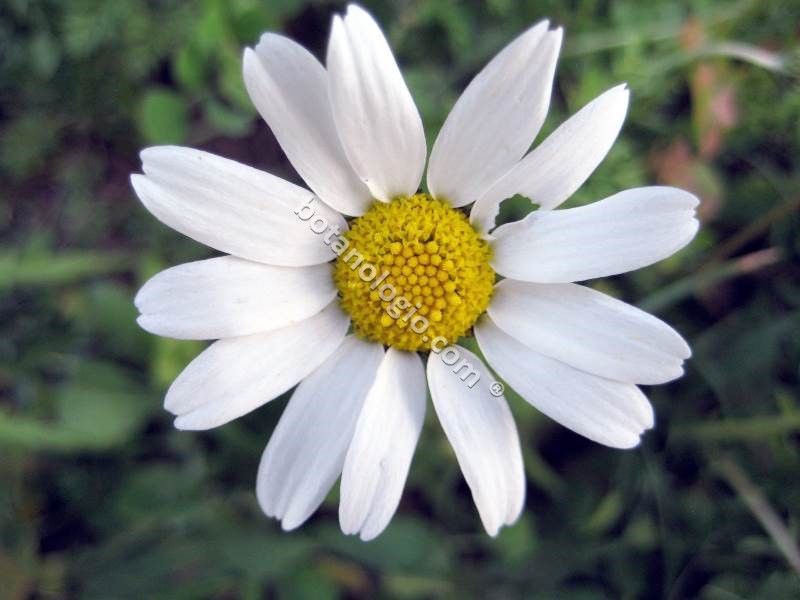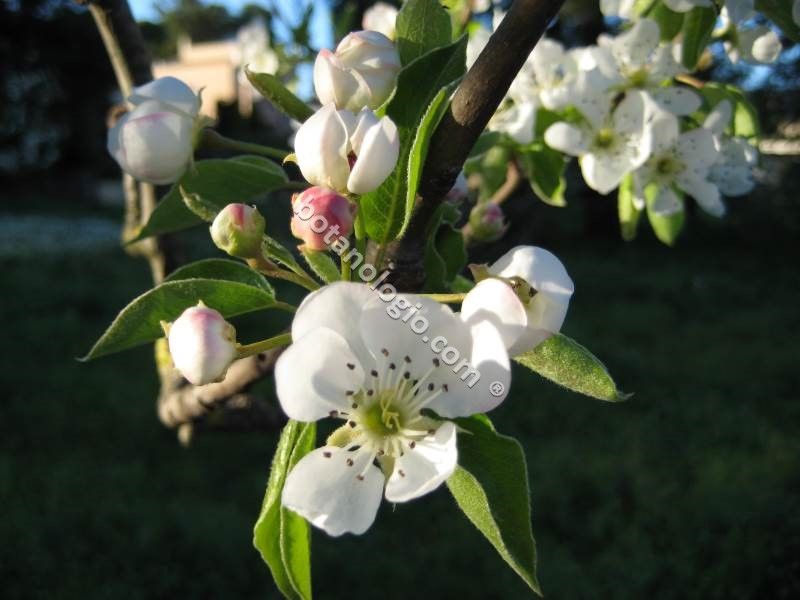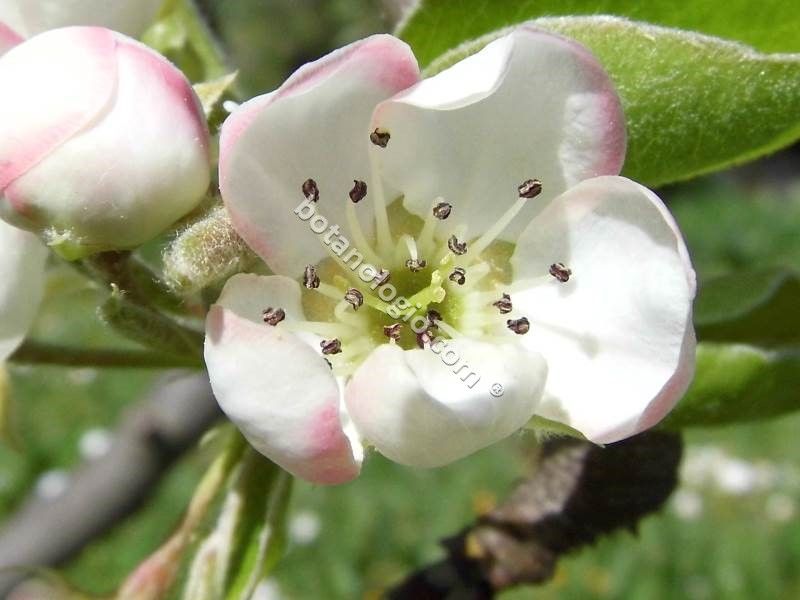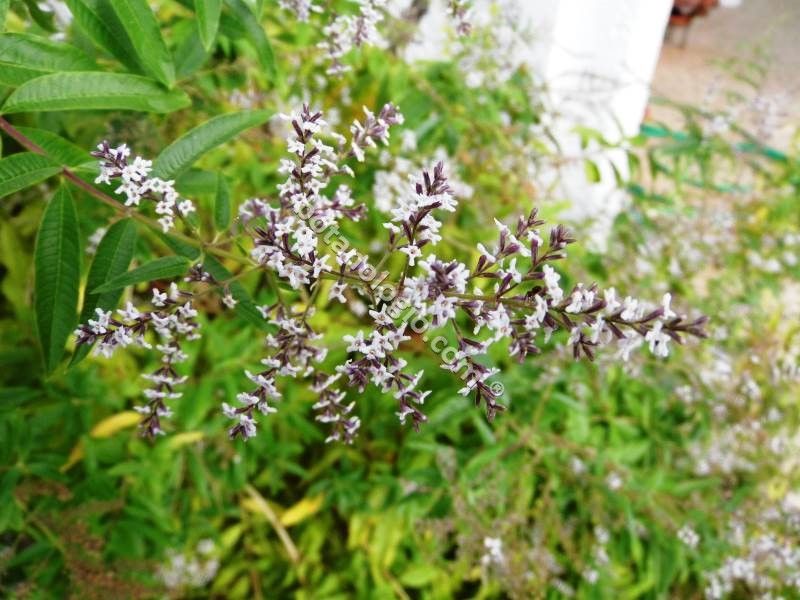Proper management of herbs, from harvesting to storage!

Herbs and spices are important in our daily routine, both in cooking and confectionery. Although herbs when fresh have a wonderful strong aroma and strong taste, it is not always possible to have all our herbs fresh.
The question of proper drying and preservation of herbs has arisen several times, so below we quote the different ways in which we can store and dry our herbs!
Starting with the harvesting of herbs, we must always collect them when the time is right. If you do not know the right time to collect each herb, consult the category “Herbs Collection“. Be sure to cut your herbs with scissors, a sharp knife or pruner without injuring the plant. If it is a perennial plant, cut the twig or twigs from the base of the plant. In fact, this cleaning is good for the plant.
It is important to make sure that the plants are cut while maintaining a long stem so that they can be dried properly and retain their ingredients. Remember that flowering is not always the time to collect herbs and especially roots. In fact, just before flowering, the plant has the highest concentration of essential oil. Collect your herbs early in the morning before the sun starts to burn, with the exception of pink rock-rose (cistus creticus).
Then the herbs are carefully cleaned so that the leaves are not injured. Ideally with gentle spraying and then tamponing to dry. The herbs in our garden usually have nothing more than soil and sometimes dust or insects. You can gently shake them to dry and place them on a towel.
Ways of storing and drying:
Hanging in bunches
The most well-known way to dry herbs is to hang them as we do with lavender, thyme and oregano. It is an easy and relatively quick way, as you can tie bunches to hang them upside down in a shady and dry place and leave them for 21 days. Remove the lower leaves and tie with string, prefer not to tie more than 10 twigs together, to let the herbs to be properly ventilated.
Laying on a cotton cloth or a tulle
You can do this on stretched cloths or tulle so that the herb breathes or you can spread the herbs on a table. Spread your herbs at a distance that allows them to be properly ventilated on a cotton cloth or tulle. Cover the top with tulle or cloth to avoid dust and insects. After 3 weeks at most, try rubbing a leaf. If it crumbles, your herb is ready to be stored!
Drying in the oven
We start by stating that we do not recommend drying in the microwave as fast as the method may be. When the climate in which you live is humid even in the summer months, drying is not so easy. The oven solution is ideal and fast, while it will give an excellent flavor to your kitchen! Start your oven to the lowest temperature (about 50 -70). Spread your herbs in a pan with baking paper and place in the oven on the middle rack for about 3 hours. Allow to cool before storing!
Using a dryer
Its use is very convenient, as it will not only be used for drying herbs but also fruits and vegetables, without losing their beneficial properties and nutrients! Follow its instructions, depending on the herbs you are drying.
When the herbs are dry, they are ready to be stored in jars or airtight bags. It’s up to you whether you want the whole herb, to be crushed or powdered. The powder is preferred for cooking, while whole leaves are ideal for tea as they retain more aroma and properties. Make sure your herbs are completely dry so they don’t get moldy!
For dried herbs and spices, make a note of the storage date so you know when they start to lose their properties. Their shelf life is 1 year from storage!
Freezing
Cooking is very easy and quick when the basic aromatic ingredients are already washed and chopped. You can have already chopped onion, garlic, parsley, basil, celery and dill in the freezer. Of course, the variety is not limited there, while they keep all their nutrients and aromas.
Wash the herbs carefully and dry so that they do not get ice in the freezer and spoil. You can store them in durable reusable bags or jars. You can keep your herbs depending on the temperature of your freezer for 3 months to 2 years, so be sure to set a freeze date. You can extend the life of the herbs and sterilize them by scalding them and drying them before storing. It is important after dipping to boiling water, to dip them in ice water.
Herbs that can be stored in the freezer: basil (loses its color), coriander, honeysuckle, lemon verbena, mint, oregano, sage, marjoram, thyme, dill, chives, parsley, rosemary, celery, sorrel, vine leaves, tarragon, lovage, savory.
Herbs in ice
It is not a very common method but it is easy and lasts for a long time. You can put herb leaves in ice packs and in cooking just throw them in the pot or pan. The process is the same as freezing, without the need for scalding, and you can store the ice cubes in bags to have more space in your freezer. You can also freeze pesto sauce this way.
Other methods of storing herbs are in butter, oil or vinegar. In these cases, however, we are not talking about the preservation and storage of herbs for future use, but about the cooperation of the herb with its natural “preservative”.
You can, of course, store whole sprigs of herbs of your choice in softened butter at room temperature. If you cook with butter, when you cut it you will take a part of the herb with you as well as the butter will have already been flavored. It lasts in the refrigerator for 2 weeks and in the freezer for 6 months.
The herbs in oil or vinegar give an excellent aroma and special taste, while releasing nutrients and healing ingredients. If you choose to enrich your oils with herbs, do not refrigerate them. The temperature difference will break down the oil’s composition and lose its nutrients. As for the herb, the oil is an excellent natural preservative, as long as the plant does not protrude out of the oil.
Tip: the fresh herbs you use for cooking, you can store in an airtight jar in your refrigerator. Make sure you wash them and dry them from excess moisture well and they will keep fresh for about 2 weeks! Make sure that the jar in which you put the herb is airtight so that it does not smell of other foods in the refrigerator!
herb, herb maintenance, herb storage, herbs, Herbs storage, proper herb maintenance





